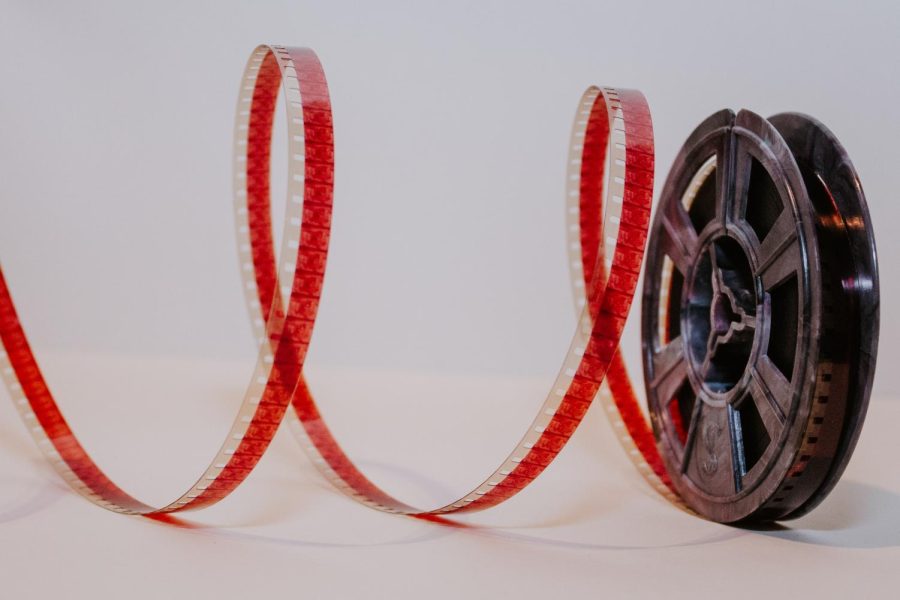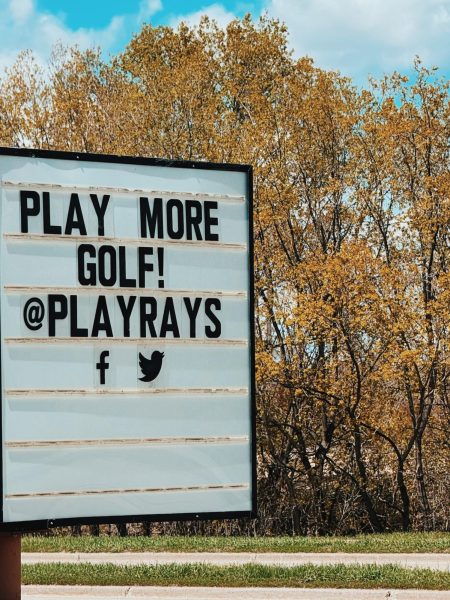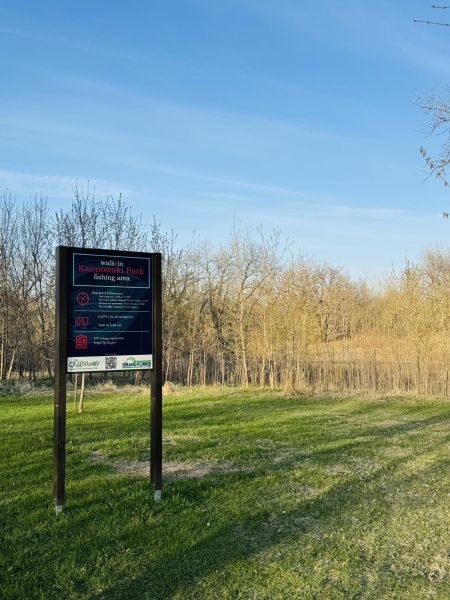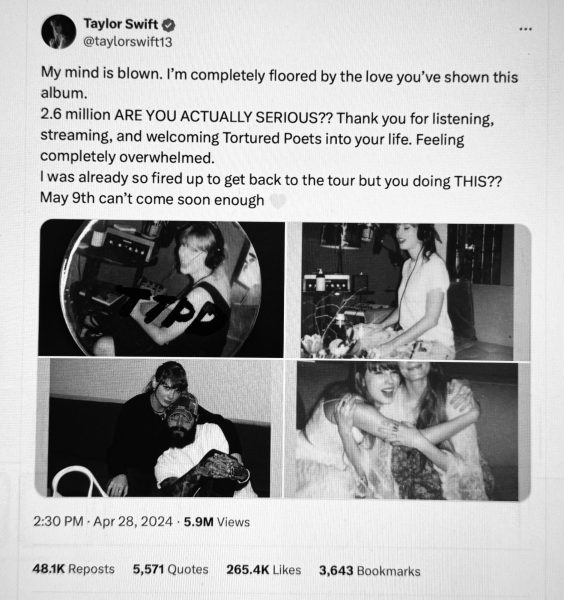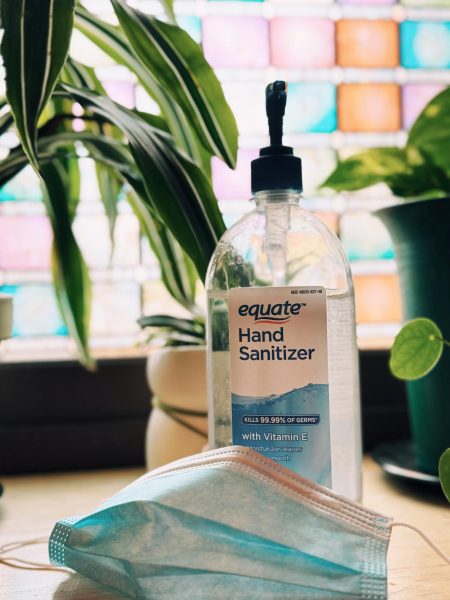Babe With The Power
Feminist ideals in Jim Henson’s Labyrinth
November 2, 2021
Jim Henson’s Labyrinth was released in the summer of 1986, it featured the fresh faced actress Jennifer Connelly portraying our protagonist Sarah and introduced David Bowie as the Goblin King himself. Labyrinth was a collaborative piece by the previously mentioned Jim Henson and artist Brian Froud; and was produced by the George Lucas Company. The film featured many original songs by the aforementioned Bowie. If another musical artist had been chosen, the movie may have had a completely different sound.
At the beginning of the film we are briefly introduced to the protagonist’s life, which is filled with quite a bit of melodrama. When we first meet her she is very stubborn and childish; exclaiming that everything is unfair. Her patience reaches the last straw one night when she has to stay home and watch her crying baby brother, Toby. She wishes away her brother, never expecting that he would actually disappear. What follows is a series of trials and tribulations, as she fights her way through the labyrinth to get her baby brother back. She makes many friends along the way, and overcomes temptation from the hands of the goblin king. In the end she does the unthinkable and does not let her power be taken away.
If you know me you know how I feel about Jim Henson’s Labyrinth, a film released well before my time. I have been hyper fixated on this film since I could form a sentence. I must watch this movie at least a handful of times a year. Recently it became available on Netflix, making it very readily available to me. I managed to rope my roommates and partner into watching with me, if only to see the majesty that are David Bowie’s questionably fitting pants. I think that with every viewing that I understand more of the conceptual aspects of the film, and if not, then I find something new to appreciate. How can we look at this movie on a deeper level? What does this film offer in regards to the feminist perspective? How does it encourage young women to stand up in the face of adversity and unwanted advances?
While this film is a coming of age story for a young woman, there are many implicit sexual visuals depicted throughout this film. There are many shots of the Goblin King’s… well, lower half. There is a significant amount of phallic imagery, especially in a scene where Sarah finds herself in the middle of a huge masquerade ball- dressed to the nines of course. She is surrounded by strangers in masks with suggestively long pointed noses, drinking and merrymaking rather intimately. Throughout the film the Goblin King, time and time again, tells Sarah that if she will be his then he will let her baby brother go and time and time again, Sarah declines. Over the course of Sarah’s journey in the Labyrinth she is always given choices. Sarah has to act on her feet and make quick decisions to rescue her baby brother. She is not forced into anything, nor is anything forced upon her. She is never tainted or branded or marked. Her power is never taken away from her.
There is this recurring theme throughout the film that focuses on individual power. This film makes us question how power drives us and the control we allow others to have over us. There is this crucial moment at the end of the film where she realizes that no one has power over her or her actions. I do not think I ever considered what that really meant when I was younger. I realize now, hearing that infamous line, “You have no power over me.” It is essentially saying that I will not let you cannot control me, manipulate me, or abuse me. That has so much weight to it. That line could have and probably has had a huge impact on young women as they mature and face their own challenges. In so many words this movie is about Sarah’s transition from a young girl into a powerful young woman.
Demetria Slyt is a Dakota Student Opinion Editor. She can be reached at [email protected].


